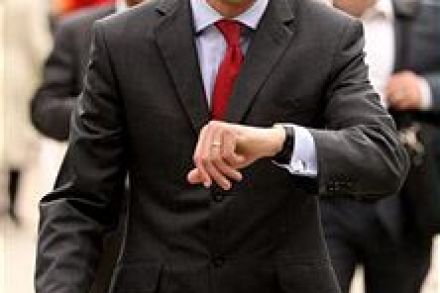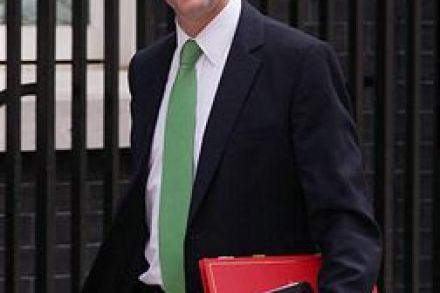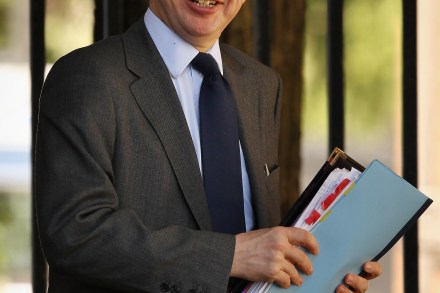Playing to the gallery?
Louise Bagshaw, one of the new intake of Conservative MPs perhaps unkindly called Tory Totty because they are not, actually, terrifyingly ugly, has put her head above the parapet on the subject of rape. She is opposing plans to give men charged with rape anonymity in court. Women who accuse a man of rape are of course afforded anonymity. Her reasoning is that this will dissuade woman from coming forward with accusations of rape and should therefore be resisted. I think that this is one of the most stupid pieces of non-logical argument I have heard for a very long time and that Bagshawe is simply playing to a fashionable














